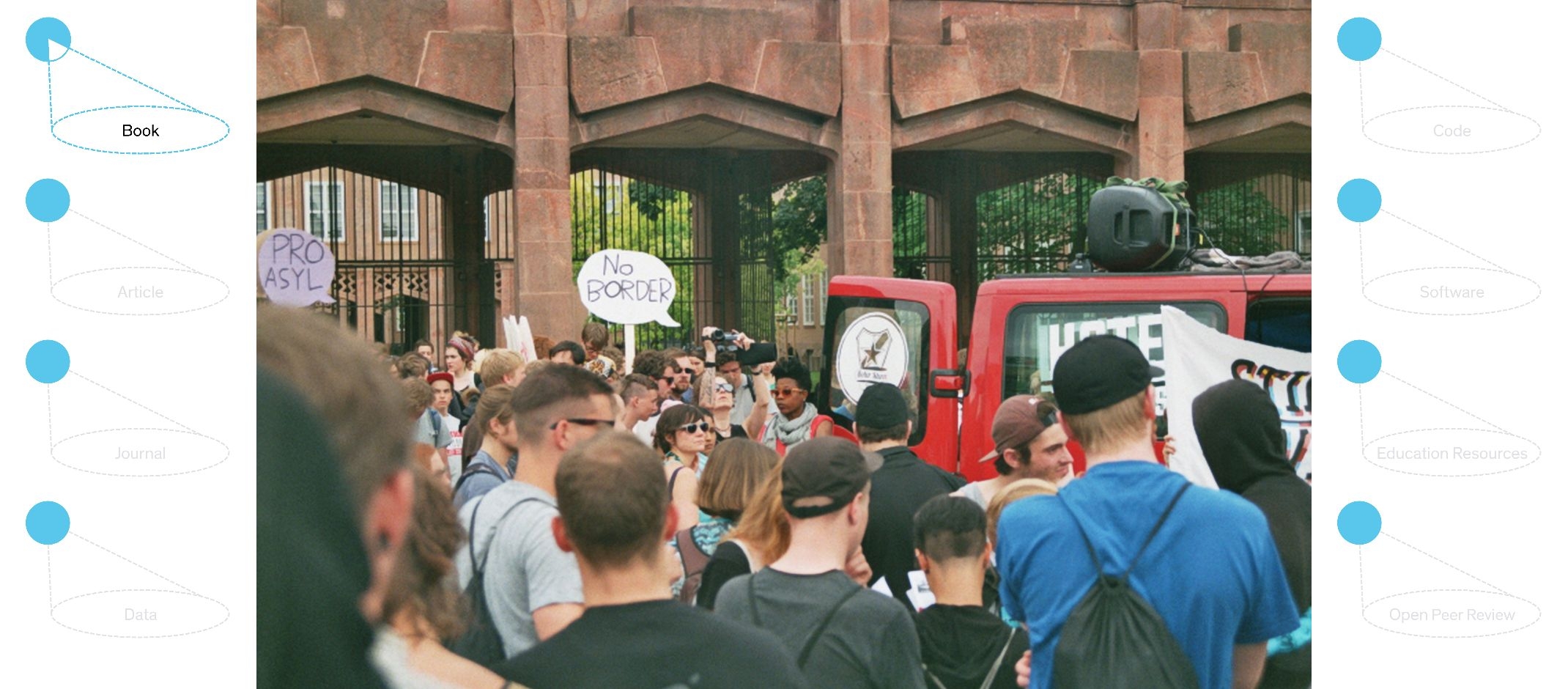Provisional permanence

By no means was 2015 a one-off situation; in the past, too, temporary housing of refugees has taken place repeatedly in German cities. This is the conclusion Philipp Schäfer has drawn in the context of his doctoral research at the Department of History, Sociology, Sport Science and Empirical Educational Research at the University of Konstanz, which resulted in the open-access book "Etablierte Provisiorien". "Such lasting makeshift solutions are a long-term state of temporariness", Schäfer explains. This temporary nature refers not only to the dwellings, but also to the way that housing was managed.
Based on 60 semi-structured interviews, participatory observation as well as political and media documents, Schäfer examines in his book how such a situation is institutionalized and rationalized. Spatial exclusion, delaying tactics and moral judgements slow down the arrival process and prolong the refugees' feeling of not yet being accepted. Policies intended to provide leeway for local actors actually may result in many restrictions for refugees.
The book "Etablierte Provisorien" (doi: 10.12907/978-3-593-44983-8) has been published by Campus-Verlag and is available for free download on KOPS, the University of Konstanz's online publication system. The publication was funded by the German Research Foundation and the publication fund of the University of Konstanz.

